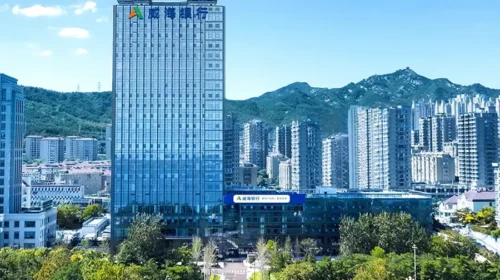BRIEF: ZG Group completes De-SPAC listing, makes Hong Kong trading debut

Hong Kong’s young market for listings using special purpose acquisition companies (SPAC) completed its second such listing, as Chinese steel-trading platform ZG Group (6676.HK) successfully merged with Aquila Acquisition Corp. (7836.HK) on Monday. With the move, ZG Group made its official trading debut on the Hong Kong Stock Exchange, becoming the first Chinese company to list in Hong Kong using the SPAC mechanism.
According to ZG’s announcement, the company’s IPO price was set at HK$10 per share, with 1.56 million newly issued shares approved for equity financing, generating net proceeds of HK$14.92 million ($1.92 million). ZG Group previously raised about HK$532.6 million from private investment in public equity (PIPE) investors.
On its first trading day on Monday, ZG Group’s stock price was largely unchanged, closing at HK$10.02, a modest 0.2% increase from its IPO price.
ZG Group is the second company to complete a De-SPAC acquisition in Hong Kong. Last October, Singapore-based e-commerce company Synagistics Ltd. (2562.HK) merged with Hong Kong-based SPAC Hong Kong Acquisition Corp. to list on the Hong Kong Stock Exchange. Meanwhile, another Hong Kong SPAC, Techstar Acquisition Corp. (7855.HK), announced in December that it would merge with U.S. autonomous driving technology maker Seyond Holdings, in a deal that is still pending.
By Lee Shih Ta
To subscribe to Bamboo Works weekly free newsletter, click here





